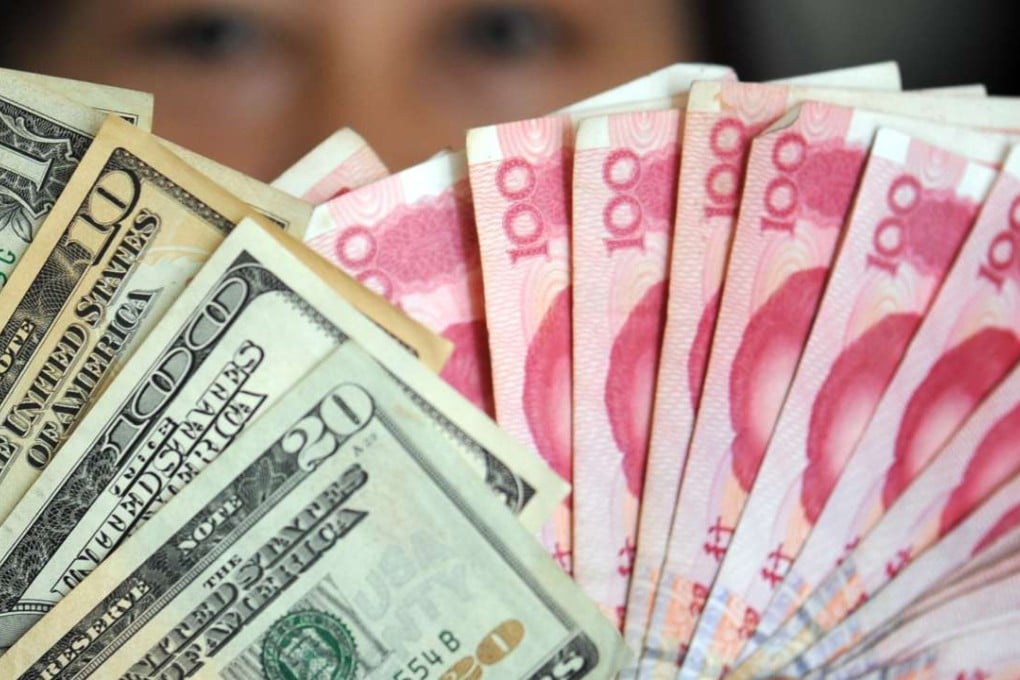Across The Border | Dim sum bonds under pressure as yuan continues to gain global recognition
Sales of domestic panda bonds overtake their Hong Kong-issued equivalents for the first time in first nine months

The increasing volatility of funding costs this year in the offshore yuan market has weighed heavily on the price of dim sum bonds.
And analysts say the bonds – denominated in yuan and issued in Hong Kong – are expected to feel more pain as the offshore market continues to be used as a policy tool by the Chinese government to stabilise the national currency as it strives to internationalise its standing.
After several months of calm, dim sum investors have started experiencing intense periods of squeezed liquidity.
In mid-September, short-term funding of yuan in Hong Kong suddenly dried up, with the overnight yuan Hibor, the Hong Kong Interbank Offered Rate for the yuan, peaking at 23.68 per cent.
As the main funding method for many banks and dealers, the extraordinarily high overnight Hibor reduced their ability to bid for bonds, which resulted in a swift drop in their price and a surge in yield. Bond yields rise when their price falls.
As funding rates in the offshore yuan market rose, government bonds and high-grade bonds were the worst performers, as they are more closely correlated to rates, according to a research note from HSBC.